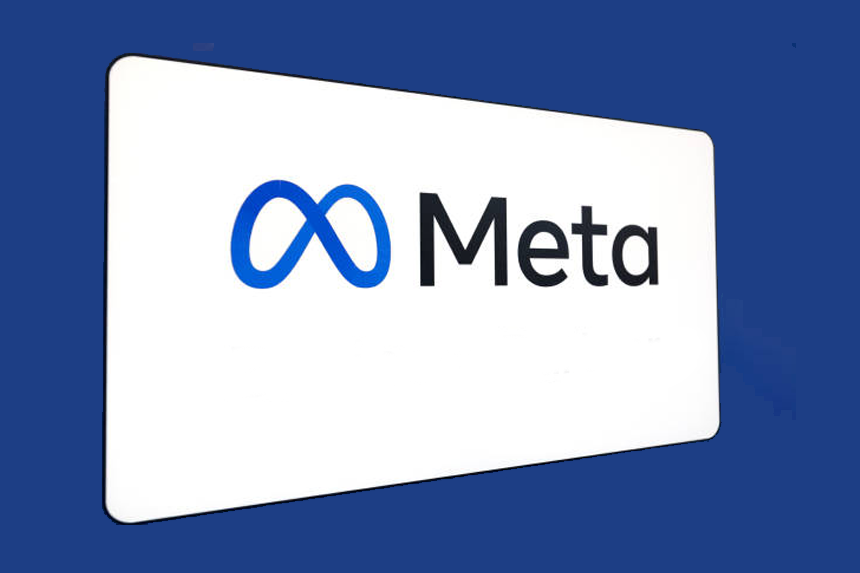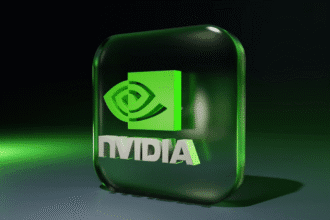Recent months have seen a lot of attention paid to the Meta AI copyright debate as an inquiry turned up evidence that Meta, the firm behind Facebook, Instagram, and WhatsApp, might have trained its generative AI system using pirated books, Llama. Authors, scholars, and business leaders have all staged mass demonstrations in response, all of which challenge the morality of using their intellectual property without permission. Authors and artists are advocating fair pay for the use of their work in AI training as the argument gets more heated, therefore posing significant issues regarding the direction of copyright in the digital era.
The Meta AI Copyright Controversy?
The Meta AI copyright controversy started when The Atlantic magazine ran an investigation showing Meta might have obtained millions of illegally copied books via LibGen, a website infamous for disseminating pirated academic and literary works. Meta’s big language model, Llama, was trained on these novels. Authors whose works might have been included in this illegal dataset have become rather irate over the disclosure. Prominent people, including Gerry Adams, Michael Taylor, and others, have said publicly that works they owned were used without permission, resulting in legal action and public protest.
Meta has, however, defended its activities, claiming that their usage of these databases conforms to present copyright regulations. The corporation insists that it is running inside the legal guidelines for data usage for artificial intelligence development. Though Meta claims to respect intellectual property rights, many writers feel that this is not enough. They contend that their years of creation should not be used without appropriate authorization or payment for their works.
Why Is the Copyright Issue Meta AI So Crucially Important?
The Meta AI copyright issue is important since it addresses the conflict between creators’ rights and technical advancement. To train properly, artificial intelligence models such as Llama need enormous volumes of data. These algorithms must be exposed to varied datasets, including books, research papers, and other kinds of textual material, if they are to generate accurate and sophisticated text. Although artificial intelligence progress depends on this, the issue emerges when copyrighted works are used without authorization.
Many writers, like Michael Taylor, whose books The Interest and Impossible Monsters were discovered on LibGen, have voiced annoyance about the circumstances. “Writers spend years on their books, and unlike what anybody thinks, very few make enough money from writing to live solely on their pen,” Taylor remarked. He said, By violating the copyright of so many thousands of books, Meta’s actions amount to the single greatest and most profitable act of theft in history.”
Other writers agree with these feelings since businesses such as Meta benefit from their artificial intelligence technologies yet neglect to pay the inventors whose work fuels such success. For writers who make their living from book sales and royalties, this is especially alarming. Important issues regarding the value of intellectual property in the digital era are raised by the notion that their work is being utilized to train artificial intelligence models without their permission or pay.
Using pirated content in artificial intelligence: what effects result?
Using unlicensed materials, including LibGen books, to teach artificial intelligence models can have broad effects. The Meta AI copyright issue exposes a more general issue in the way AI systems are being created and the ethical questions around their usage of copyrighted material, not only regarding the policies of one tech business.
Authors and other content producers lose control over how their intellectual property is used when works are exploited without permission of the originator. Regarding artificial intelligence, this might mean that an author’s work is not just utilized without pay but also might be changed or controlled in ways the creator never meant. This could compromise the worth of artistic output as well as the revenue writers usually get from royalties and book sales.
Moreover, the training of artificial intelligence with illegal materials creates a risky future precedent. Should businesses like as Meta be free to exploit copyrighted works without paying royalties or permission, it could deter next generations of academics, artists, and authors from public distribution of their work. This could result in a drop in the general quality and diversity of content since producers might worry that their creations will be taken advantage of without appropriate credit or payment.
Moreover, using stolen materials compromises the more general objective of preserving a fair and balanced copyright system. Designed to safeguard creators’ rights, copyright rules guarantee that their work is under their control regarding distribution and use. Should big technology firms ignore these rules, the whole basis of intellectual property protection might be undermined.
How Might the Meta AI Copyright Problem Be Resolved?
Several actions can be taken to fix the Meta AI copyright issue and stop such circumstances in the future. This will help to avoid similar ones. Companies like Meta should get author permission before utilizing their work to teach artificial intelligence systems, among the most simple answers available. This can entail paying royalties for the use of intellectual property or getting licensing agreements from writers. Tech corporations would thus show respect for the efforts of the inventors and provide just compensation for them.
Establishing a system whereby AI developers must pay into a fund reimbursed to authors whose work is used to train AI models is another potential fix. This strategy would guarantee that creators’ work is used ethically and let artificial intelligence systems to keep developing by allowing a more transparent and orderly way of reimbursed compensation.
Governments and regulatory authorities should also intervene to offer more exact rules and recommendations on the usage of copyrighted material in artificial intelligence growth. Legislators must create new legal systems to guarantee that the rights of creators are safeguarded as artificial intelligence technologies become more developed. These rules would guarantee that creators are fairly paid when their work is utilized in AI training and offer more openness on how businesses access and exploit copyrighted materials.
Finish: The Demand of Just Pay in the Age of Artificial Intelligence
The Meta AI copyright debate has underlined the need of a more balanced approach to intellectual property protection and AI growth. Creators must not be left behind or exploited in the process as technology develops otherwise it would be disastrous. The demand for equitable pay goes beyond personal writers to guarantee that ideas of justice and intellectual property respect will shape creation going forward.
The tech sector and the creative community must cooperate going ahead to develop ideas that would help everyone. Establishing clearer legislation, increasing openness, and making sure authors are paid for the use of their work could all part of this. We can guarantee that artificial intelligence development stays ethical, open, and fair to the creators who enable it only by working together and acting.
One thing is abundantly evident as the argument goes on: the Meta AI copyright issue could impact intellectual property law and artificial intelligence advancement for next years. This is the moment to act to guarantee that in this fast changing technology scene authors receive fair treatment.








